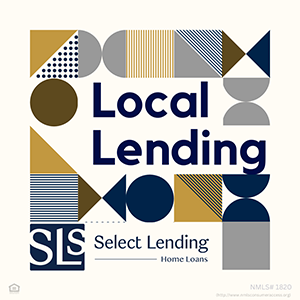
Which Mortgage Type Is Right for You?
Most people who want to purchase a house can’t afford to pay cash and therefore need to take out a mortgage. The type of loan you choose will depend on your financial circumstances and plans and can have a significant impact on your monthly costs, so it’s essential to understand all your options.
Government or Conventional?
The federal government administers several programs to help homebuyers in specific circumstances. The Federal Housing Administration offers loans with down payments as low as 3.5 percent for first-time buyers. The U.S. Department of Veterans Affairs provides loans for current and former servicemembers that require little or no money down. The U.S. Department of Agriculture offers loans for people to purchase homes in rural areas.
If you don’t qualify for a government-backed loan, you may be able to secure a conventional mortgage through a bank, credit union or private lender. Since conventional loans aren’t insured by the government, they are riskier for lenders. You’ll need a better credit score to qualify and likely need to put more money down.
Fixed-Rate, ARM or Balloon?
You’ll also need to decide whether a loan with a fixed or adjustable interest rate is better for you. A fixed-rate loan can help you plan for the future since you’ll know exactly how much your mortgage payments will be. That predictability can be extremely valuable if you have or plan to have kids and need to save for college and retirement.
An adjustable-rate mortgage (ARM) will have a low introductory rate, and then the interest rate will periodically adjust based on market conditions. If you have a relatively low income now and expect it to rise in the future, an ARM may be a good choice for you. An ARM may also make sense if you plan to live in your house for only a few years before moving.
The term of the loan is another important part of the equation. A 15-year mortgage will have higher monthly payments than a 30-year loan, but a 15-year loan will have a lower interest rate, which means you’ll spend less money on interest payments over the repayment period.
With a balloon mortgage, the homeowner makes monthly payments over a period of five to seven years, and at the end of that period, the remaining balance comes due. A balloon mortgage will only make sense if you’re absolutely certain that you’ll sell your home before the balloon payment is due. If you don’t, refinancing may not be possible, depending on your credit score, income and the value of the house at that time.
Select a Mortgage Carefully
Buying a house is likely the biggest financial move you’ll ever make, so choosing the right mortgage is critical. Think about your current and future financial picture, conduct research, compare terms offered by different lenders, and use online calculators to figure out how much you’d pay in a variety of scenarios.
This article is intended for informational purposes only and should not be construed as professional or legal advice.





